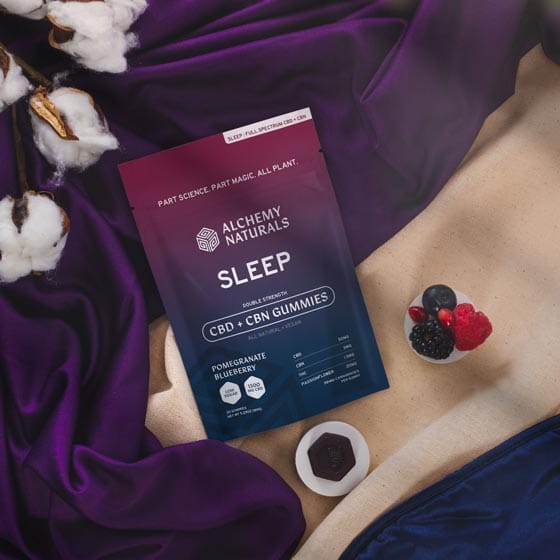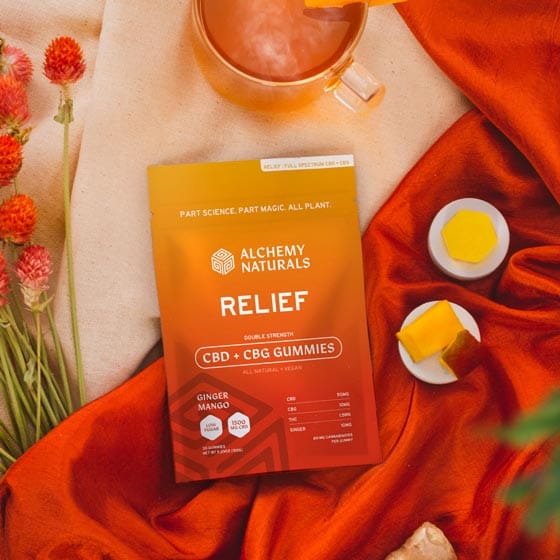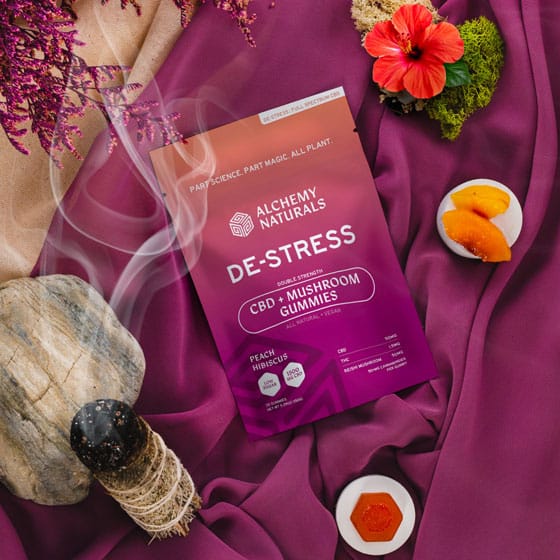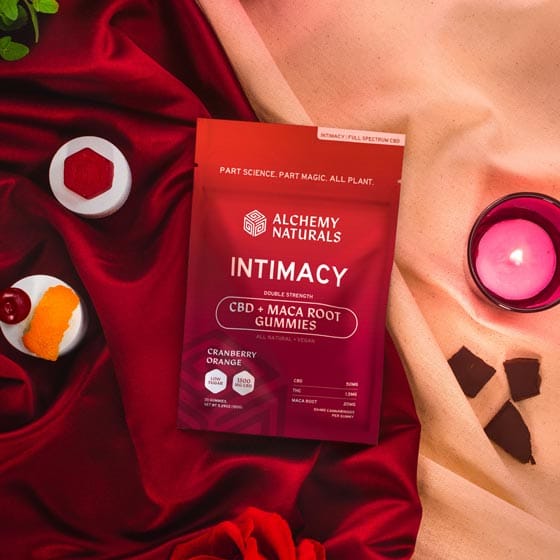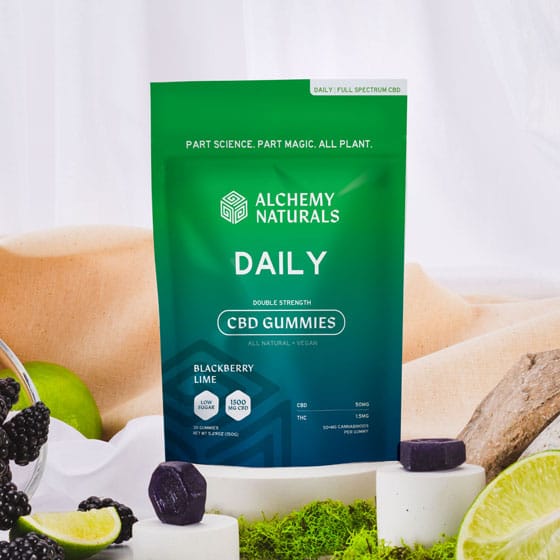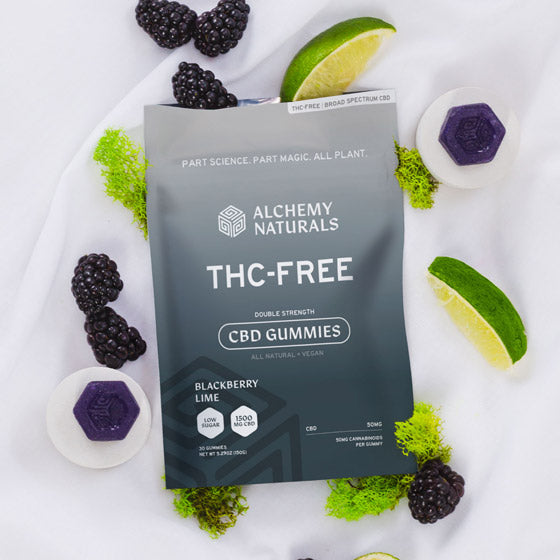Talking to your parents about using cannabis can be intimidating. Our friends at O.pen are helping out with the blog How to Talk to Your Parents About Weed. Read on for tips to get the conversation started, helpful dos and don’ts, and other resources. It’s all part of the Home for the Holidaze - The Survival Guide.
How to Talk to Your Parents About Weed
Not sure how to talk to your parents about weed? Many weed users utterly cringe at the thought of “being caught” in the act of smoking marijuana. Blogger and mother Shonitria Anthony confessed in a PopSugar article that despite marijuana being completely legal in her state of California, “one of my biggest fears is still my parents finding out I smoke.”
Many cannabis users feel this exact same way, even when using legally and responsibly. “It's my form of self-care and relaxation. I use it to unwind at the end of a long day, help me sleep, boost my creativity, and help me feel good,” she continues. Yet, it still feels like an overwhelming taboo.

One reason is that some parents may know very little about weed. Many of this generation formed their opinion of marijuana based on negative propaganda campaigns. They may think of cannabis as a “gateway drug” to harmful substances and “Just Say No” was drilled into their subconscious back in the 1980s. You can learn more about the history of 420 in society in our blog article here.
Perhaps some parents have a bit more knowledge and feel that cannabis has a place in treatment of certain diseases (such as cancer), but any use outside that context is abuse or even dangerous.
Others may have previous experience with weed (Woodstock, anyone?). Such experience has the potential to color parental viewpoints either way. Perhaps their experience was positive and they have an open mind...or maybe it wasn’t so pleasant.
Whatever the case, being a closeted cannabis user can be especially stressful around the holidays, when many spend time visting family. There’s pressure to not use at all, which can be unpleasant to downright intolerable for some, particularly if one is using cannabis to ease anxiety. Or there’s the risk of trying to discreetly consume and (worst fears confirmed) being caught with your rolling papers out…
For some, this conundrum runs a bit deeper.
We all want to be our true selves around family, so in that spirit, we’re offering a guide to having that conversation. While it may be a bit awkward at times, the reward is worth the effort.
Just Say Maybe - Conversation Tips for Talking to Your Parents About Weed
The key to a successful conversation is to properly prepare for the discussion. Have your main points (and counterpoints to anticipated objections) clearly in mind.
Be sure to prepare emotionally and mentally as well. Remember that your parents may have a long-standing negative opinion of weed, as well as being simply shocked to hear the news. If you have reasonable talking points in mind, the conversation is less likely to become heated. While it may be hard, try not to take off-hand comments personally and guide the discussion back on track.
Remember: It’s okay to use weed, even if your family doesn’t agree right now.
It’s Not Just About Getting “High”
One solid conversation point is how cannabis and it’s variety of uses is continually normalized. Weed is more widely accepted and used by more people than ever before. While it’s hard to poll with complete accuracy, 55 million Americans regularly use weed and an overwhelming 2/3s of Americans now support cannabis legalization in some form.
While the ol’ “everybody’s doing it” argument will fall flat with parents, what will ring true is that millions of people regularly use cannabis and they do not support the “stoner stereotype” your folks may imagine.
Help them see that cannabis has come a long way from their generation--legally, socially and aesthetically. This includes new and evolving research that continually discovers the health benefits of cannabis. While most of the general public acknowledged weed hopefully has a place in helping fight cancer, treatment for other diseases such as MS and epilepsy have been added to the list of widely accepted cannabis uses. In the last decade, however, weed has turned another corner.

Many are using the uplifting euphoria of cannabis as an alcohol replacement when socializing with friends. THC and CBD are being used more and more to help unwind at night. Others are taking advantage of cannabis' super-potent antioxidant and anti-inflammatory benefits. Many use weed consistently to manage symptoms of anxiety, PTSD, ADHD and other neuro-divergences.
All these uses extend beyond the singular focus “disease treatment” and incorporate cannabis consumption into a normal, balanced, and healthy lifestyle. Weed can do more than take away the negatives; it can be used to accentuate the positives of life, from enhancing creativity and focus to relieving body aches to getting a good night's sleep.
A worry of some parents is that weed dulls the senses. While it is proven to dull pain, the mild euphoric, uplifted feeling that’s called a “high” can actually enhance the senses. Music sounds fuller, food tastes richer, creativity heightened. No wonder so many people are adding cannabis to their life!
Now’s the opportunity to open up and share with your parents why you choose cannabis. Perhaps it’s a healthier alternative to alcohol to unwind. Maybe it helps you feel more social. Or maybe it helps you focus. Whatever the reasons, frame those in a way so you can express yourself, and so your parents are likely to listen.
To CBD or Not to CBD
Consider using CBD as a starting point, both in conversation and in offering the parents something to try. CBD is known as a powerful anti-inflammatory and overall super-healer and is made into everything from mocktails to skin serums to gummy vitamins.
What’s the difference between CBD and weed? Both come from the same plant (cannabis, also known as hemp), however the active ingredient in weed is a cannabinoid called tetrahydrocannabinol; since that’s such a mouthful, everyone calls it simply THC. Cannabinoids are natural compounds found in hemp plants that interact with our bodies through our endocannabinoid system. Your parents may find it interesting that humans make cannabinoids, and are built with a specialized system just to process them. Yep, you read that right: our bodies are made to interact with cannabis. (Learn more about cannabinoids and how they work in our bodies by reading Everything You Need To Know About Cannabinoids)
CBD (cannabidiol) is a different cannabinoid. What’s the difference between THC and CBD? THC stimulates the brain whereas CBD does not, so using CBD will not cause the euphoria or uplifted mood associated with being “high”.
Interestingly, cannabinoids work better together in a phenomenon called “the entourage effect”. To take advantage of these boosted benefits, CBD is often offered with small amounts of THC and other cannabinoids. (Learn more by reading Full & Broad Spectrum) However, it’s also possible to consume CBD with all traces of THC removed.
Do’s & Don’ts for Telling Your Family You Smoke Weed
Don’t use slang like “getting high” or “stoned.” Some cultural phrases may trigger a negative connotation for parents.
Do use alternate phrases that are still true to how you use cannabis, such as “medicated,” “dosing,” or “consumption”.
Don’t treat any concerns or fears (no matter how unfounded) as ridiculous. Remember that your parents probably received a lot of misinformation so use their objections as an opportunity to share the truth.
Do communicate that cannabis be used responsibly and as part of a healthy and balanced lifestyle.
Don’t expect them to just take your word for it.
Do come prepared with unbiased articles (some of which are linked here) on the facts, benefits, and uses of weed.
Don’t overshare on the first conversation. Limit the information to what is most relevant to your parents’ needs and concerns.
Do be open and honest. Perhaps show them some of your cannabis products and how you use them. Letting them hold a bottle of gummies while explaining may help remove some of the “taboo” mystery and make them more comfortable.
Don’t make excuses or feel the need to be defensive.
Do be calm but firm in your convictions. Weed is nothing to be ashamed about and its use is neither wrong nor illegal.
Just the Facts, Plant & Simple–Answers to Questions Your Parents May Have About Weed
More than likely, they’re going to have some questions about marijuana and how it can be used responsibly. So here are some answers to the most common questions about weed.
Is cannabis safe?
No one has ever died from a marijuana overdose. Ever. Interestingly, weed is proven safer than alcohol.
Can you overdose on weed?
While unpleasant, over consumption is rarely harmful and can be easily avoided. The most common cause of overconsuming is a lack of understanding of the delayed effects of edibles. Ingested THC takes at least a half hour to digest and absorb into the system. This time can vary with individuals' metabolism, as well as be affected by other food and drink. For these reasons, one may not feel the effects within the expected time frame and take a little more; that "little more" can be too much.
The best advice is to start low and slow with any cannabis. If eating edibles and not feeling any effects, wait another 15-30 mins past when you think it's okay to take a little more (just to be sure).
If one still over does it, don't panic. Drink plenty of water and relax until the feeling passes. Try adding lemon juice to the water as limonene and other citrus terpenes can help metabolize THC faster.
Is weed addictive?
For some, it can be, however for most the answer is no. Regular (even daily) use does not mean addiction, but rather that weed is part of a routine. As with any stimulating plant, anyone prone to addictive behaviors or struggling with other forms of addiction should use cannabis with extreme caution (perhaps under a doctor’s care) or not at all.
Is weed a “gateway drug”?
The research proves that “there's no good evidence for the gateway hypothesis,” and even suggests that marijuana may serve as “anti-gateway”. Again, the growing numbers of regular and responsible cannabis users who do not progress to harmful or illegal substances continues to provide evidence that this fear is a fallacy.
What are the side effects of weed?
For some, THC can induce anxiety. Products balanced by CBD help temper this effect.
Other “side effects” are actually positive health benefits, such as reduced inflammation, antioxidants, and a balanced immune system.
Doesn’t weed make you “space out” and sleep all day?
No! Weed can give a variety of effects, and not all are sleep inducing. Cannabis effects are determined by natural compounds called cannabinoids and terpenes. (Learn more about each by reading the articles Everything You Need To Know About Cannabinoids and A Guide to Terpenes) The combination of cannabinoids and terpenes can energize, uplift, focus, relax, and yes, also help one sleep.
What are “munchies” and what causes them?
Some strains have cannabinoids and terpenes that are appetite suppressing, while others are stimulating. Cannabis in general is known to enhance the senses, making foods extra tasty. This can make one feel snackish just to enjoy the intensified flavors...hence, one may “munch” for the sake of munching.
The Blunt Truth
You might be surprised by how open-minded your parents are to the concept...maybe even to the point where they’re curious to try it themselves. If that’s the case, consider introducing (or re-introducing) to cannabis by giving them what they need to get started. A future installment of our Home for the Holidaze - The Survival Guide “How to Give Cannabis” will help find the perfect product.
It’s also possible that the parents aren’t going to accept the idea and it’s better to keep cannabis use discreet. No worries; we can help with that. Our next blog “How to Discreetly Use Weed When Visiting Family” gives tips on how to stay merry, bright and stress free while still keeping the weed on the down low.
Either way, feel free and proud to enjoy weed this holi-daze.

